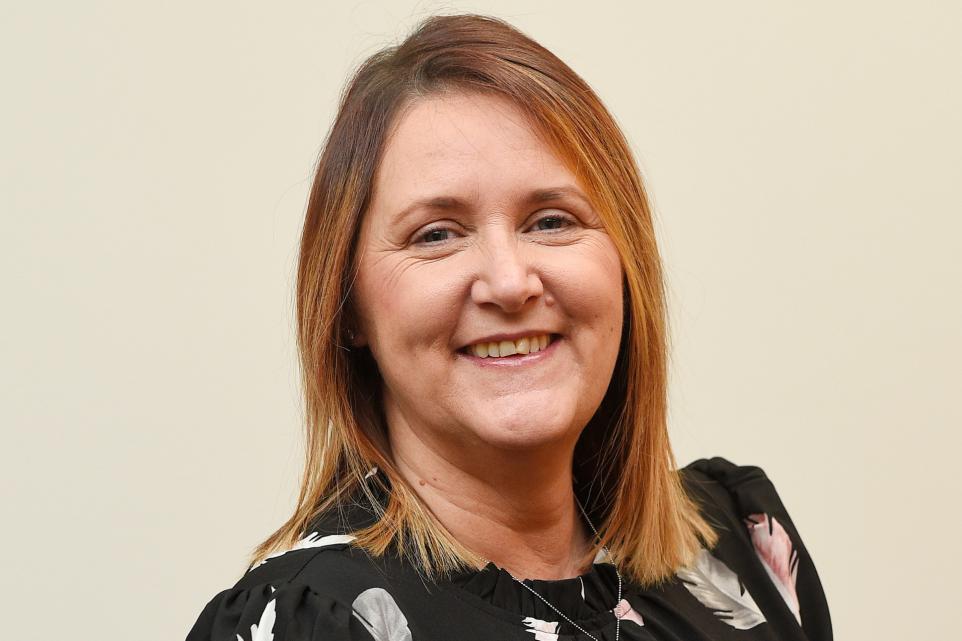Early and integrated approach key to tech skills puzzle – Karen Meechan
The following thought leadership piece was written by Karen Meechan, CEO at ScotlandIS and Trustee for Digital Xtra. It originally appeared in The Herald on 13th February 2024
Is there anything more frustrating than a jigsaw with a missing piece? You can see what the full picture should look like but, no matter how hard you try, you still don’t have a complete puzzle.
Despite the best efforts of many, the Scottish tech industry could find itself facing a similar frustration should a crucial part of its own puzzle remain missing.
In lots of ways the sector is currently flourishing. There are some fantastic companies pushing the boundaries of what is possible, emerging industries such as space and AI are all finding bases in Scotland and there’s a strong support network of academic institutions and innovation centres.
All of that may feel like it builds a pretty picture, and it does, but there is one significant gap: skills. Scotland is neither producing nor attracting the requisite talent for the sector to grow and achieve its full potential.
There are many reasons for this. The education system has struggled to keep up with the sheer pace of change. The scale of the sector’s demand for skilled workers would be challenging for even the most prepared industry to keep up with. And businesses all over the world are competing for the same fundamentally limited talent pool.
And that’s not to say that we aren’t producing some fantastic and very skilled people, we absolutely are; but demand is far outstripping supply. And failure to do something about the shortage of specialist skills will mean the growth of Scotland’s tech sector is stifled.
The problem is, there are no quick fixes. There’s no single silver bullet that will solve the problem and open the talent tap for the industry. This is a long-term problem that requires a long-term solution.
We must do what we can to attract the top-end tech talent to Scotland but, when you’re competing on an international stage, that isn’t always easy – something exacerbated by the recent changes to the tax regime north of the Border.
It’s more important than ever that industry and education are closely aligned from an early stage. This might mean offering more STEM opportunities during the early school years. But it also means making sure young people are aware of the employment opportunities available when they’re making key decisions about what routes to take.
Closer links to academia can also help. Ensuring the skills being taught at our colleges and universities are those most in demand at industry level should facilitate a smoother transition into entry-level positions.
It is only with joined-up thinking and collaborative action that we will do anything more than just apply a temporary sticking plaster to the problem. The reality is, when we talk about a “solution” to the skills crisis, it’s this kind of approach that we need to be looking at if the sector is to achieve its full potential. Anything less is going to leave the puzzle frustratingly incomplete.



 This allowed Corstorphine Primary to buy new Sphero BOLT coding robots and equipment which made the learning environment of the club come to life. Together with iPads for pupils provided by CGI through City of Edinburgh Council’s Edinburgh Learns for Life, the club members’ love of all things coding has been transformed, with huge levels of interest and engagement.
This allowed Corstorphine Primary to buy new Sphero BOLT coding robots and equipment which made the learning environment of the club come to life. Together with iPads for pupils provided by CGI through City of Edinburgh Council’s Edinburgh Learns for Life, the club members’ love of all things coding has been transformed, with huge levels of interest and engagement. Mr Stannett said the support of Digital Xtra Fund has been transformative, as has Edinburgh Learns for Life’s iPads. The pupils can use the iPads not only in their everyday work, but also for coding the Sphero BOLTs. They were also given insights into future potential careers from those already working in STEM among Digital Xtra Fund’s backers. These included senior managers from CGI, a global IT firm with local roots that supports communities across Scotland.
Mr Stannett said the support of Digital Xtra Fund has been transformative, as has Edinburgh Learns for Life’s iPads. The pupils can use the iPads not only in their everyday work, but also for coding the Sphero BOLTs. They were also given insights into future potential careers from those already working in STEM among Digital Xtra Fund’s backers. These included senior managers from CGI, a global IT firm with local roots that supports communities across Scotland. With a club split 50/50 between boys and girls, Mr Stannett noticed different ways in which they engaged with the BOLTs and iPads. He said: “The group was mixed in terms of interests, as some preferred to explore the story-telling capabilities of the robots, while others were more interested in the ‘nuts and bolts’ of how each coding programme worked.
With a club split 50/50 between boys and girls, Mr Stannett noticed different ways in which they engaged with the BOLTs and iPads. He said: “The group was mixed in terms of interests, as some preferred to explore the story-telling capabilities of the robots, while others were more interested in the ‘nuts and bolts’ of how each coding programme worked.